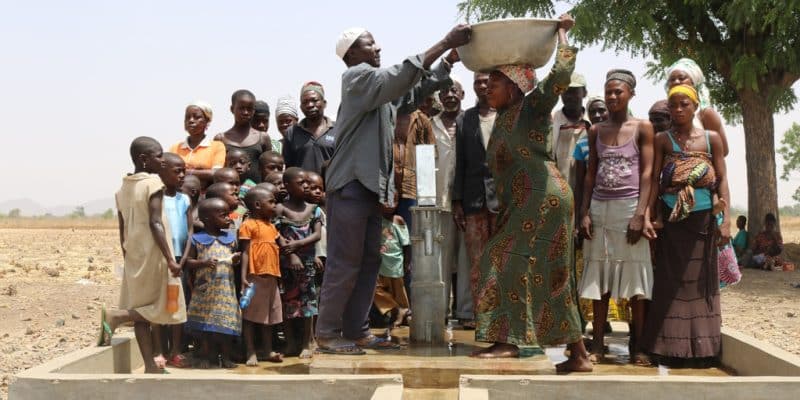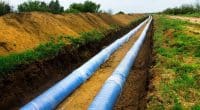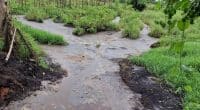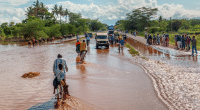In Malawi, the government has been working for several years to ensure that people have access to clean water. To this end, the National Water Resources Authority (NWRA) recently launched a nationwide hunt for illegal boreholes. The individuals and institutions concerned must declare their installations before 24 November 2023.
Will Malawi succeed in breaking the vicious circle of illegal drilling? The National Water Resources Authority (NWRA) is confident that it will. The public body recently launched a hunt for illegal boreholes across the East African country. “Individuals and institutions will have to declare their illegal installations to the NWRA before 24 November 2023”, explains Masozi Kasambala, head of public relations at the NWRA. He adds that “the Malawi Drilling Act (2013) stipulates that no one should drill or construct a water well without the knowledge of the competent authority”.
Once declared, illegal boreholes will undergo a full assessment to ensure water quality. According to the NWRA, boreholes that show poor water quality will be sealed to stop contamination of the people who consume it. Contaminated water can cause digestive problems, as well as skin and mucous membrane infections. These germs can come from piles of manure or faulty septic tank
Read Also – MALAWI/SOUTH SUDAN: pacts to speed up progress towards MDG 6
Those responsible for illegal drilling, whose water quality has been certified, will be issued with a licence. The public body will work with the local authorities to ensure the success of this operation. “We appreciate this and feel honoured to contribute to water conservation. This resource has always been considered free and accessible to all, which has put it under pressure, to the detriment even of its quality”, laments Boniface Chimwaza, Lilongwe district environment officer.
The NWRA points out that many people have already come forward to make their declaration, and that the enthusiasm should continue so that all water from the water table is tested to ensure that it is drinkable before consumption. What’s more, this approach will help to preserve vulnerable aquifers in the face of drought.
Inès Magoum







